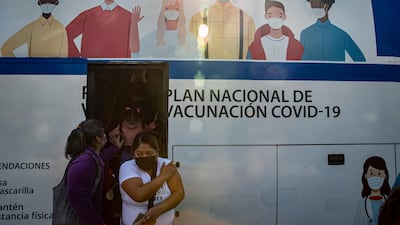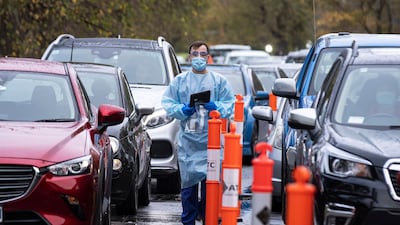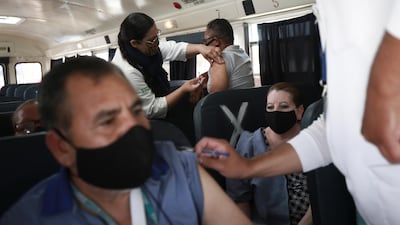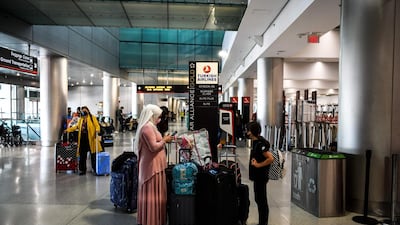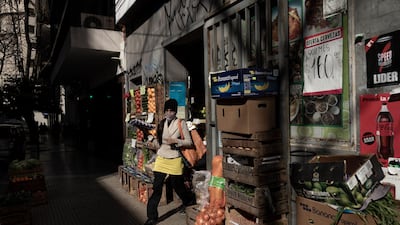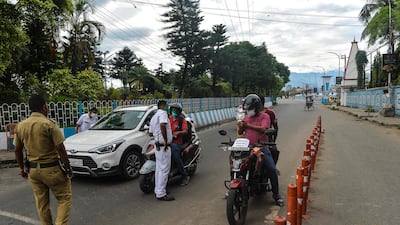A new study has revealed there were virtually no coronavirus infections after a major music event in Spain late last year.
Hundreds of people attended an indoor live music concert in Barcelona, Spain, on December 12, 2020. Attendees were required to wear masks and had to undergo same-day screening lateral flow Covid tests before they could step inside.
The event, which featured DJs and live music, took place at the Sala Apolo venue in Barcelona, which usually has an event capacity of around 900 people.
Each of the attendees were there for an average of two hours and 40 minutes and were allowed to sing and dance.
The randomised controlled trial studied 465 people who entered the venue and 495 participants who were randomly assigned to go home after taking a lateral flow test and did not attend the concert.
The peer-reviewed findings showed that none of the people who entered the venue tested positive for coronavirus eight days afterwards.
The results are a ray of light for the struggling live music industry which has been badly hit by coronavirus lockdowns.
The UK's iconic Glastonbury Festival was postponed until 2022 in January, while the Coachella Valley Music and Arts Festival in California has also been cancelled two years in a row due to the pandemic.
The authors, who published their findings in The Lancet Infectious Diseases, believe the analysis offers preliminary evidence that enhanced safety measures at indoor venues can help suppress coronavirus infections.
The study provides early evidence that indoor music events can take place without raising the risk of transmission when comprehensive safety measures are in place, according to the study’s lead author, Dr Josep Llibre, of the Germans Trias i Pujol Hospital, Spain.
He noted, however, that the study took place at a time when the infection rate was quite low - 221 cases per 100,000 people.
“The conditions of the pandemic are constantly shifting," he said. "Widespread vaccination campaigns, changes in local incidence and the emergence of SARS-CoV-2 variants with higher transmissibility could all impact the interventions we tested, so we need more studies including larger numbers of people that explore different scenarios and policies that take into consideration the local context.”


